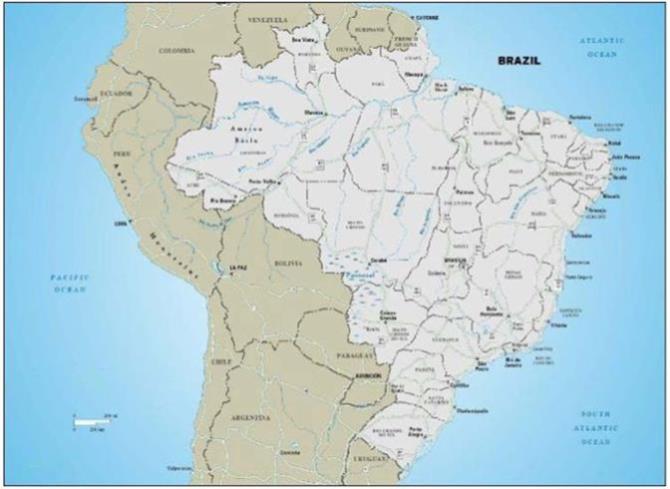RECENT DEVELOPMENTS
Political Developments
Corruption Investigations
The multiple investigations into public corruption that commenced with the “Lava Jato” investigation are still continuing. The investigation, which initially targeted an alleged bribery, money laundering and embezzlement scheme involving the provision of goods and services to Petrobras, a majority state-owned company, grew in scope to encompass wide-reaching anti-corruption investigations in many stages since its inception in 2014.
On January 1, 2019, Sergio Moro, the former judge in charge of the prosecution of crimes identified under the “Lava Jato” investigation, took office as Minister of Justice of the Republic. On February 19, 2019, Minister Moro sent a new anti-corruption bill to Congress aiming at enacting measures to investigate and punish corruption more effectively (the “Anti-Corruption Bill”). On March 14, 2019, Congress established a working group to discuss the Anti-Corruption Bill and discussions are ongoing.
BNDES
On July 16, 2019, Gustavo Montezano took office as BNDES’ new president, replacing Joaquim Levy. New members of the executive board were also appointed. Three new BNDES departments were created by the new administration: (i) one department focused on credit levels and policy of government entities, (ii) another department focused on investment levels and policy of government entities, and (iii) an additional department focused on institutional relations and government, based in Brasilia.
Foreign Affairs, International Organizations and International Economic Cooperation
On April 15, 2019, Brazil renounced its membership to the Union of South American Nations (União de Nações Sul-Americanas or “Unasul”).
On June 28, 2019, the Organization of American States, the Southern Common Market (Mercado Comum do Sul, or “Mercosul”), an organization to which Brazil is a party, and the European Union reached a political agreement for a comprehensive trade agreement.
Employment
As of July 31, 2019, formal employment increased by 0.11% as compared to June 30, 2019, resulting in the creation of 43,820 additional jobs. For the 12-month period ended July 31, 2019, 521,542 additional jobs were created, an increase of formal employment by 1.36% as compared to July 31, 2018.
In the second quarter of 2019, the unemployment rate in Brazil was 12.0%, a reduction of 0.7 percentage points compared to the first quarter of 2019 and a decrease of 0.4 percentage points compared to the second quarter of 2018.
Wages
As of January 1, 2019, the minimum monthly wage for 2019 was set at R$998, representing an increase of 4.6% compared to the 2018 minimum monthly wage of R$954. Law No. 13.152/2015, which establishes the yearly minimum wage adjustments, is set to expire at the end of 2019.
The budgetary guidelines for 2020, sent to Congress on April 15, 2019, have the minimum wage being adjusted in accordance with the National Consumer Price Index (INPC), based on the preceding 12-month period. The Brazilian constitution (“Constitution”) provides for the mandatory adjustment of the minimum wage to enable basic acquisition power.
Social Security
As of July 31, 2019, the monthly benefits accumulated in the preceding 12-month period paid by Brazil’s state-operated social security and pension system (the “Brazilian Social Security System”) increased by 3.4% compared to the same period in 2018. As of July 31, 2019, the Brazilian Social Security System payments decreased by 6.80%, when compared to July 31, 2018 (in real terms).
On August 7, 2019, a bill providing for reform of the Brazilian Social Security System (the “Social Security Bill”) was approved by the Chamber of Deputies. On August 8, 2019, the Social Security Bill was sent to the Senate for review.
D-3

